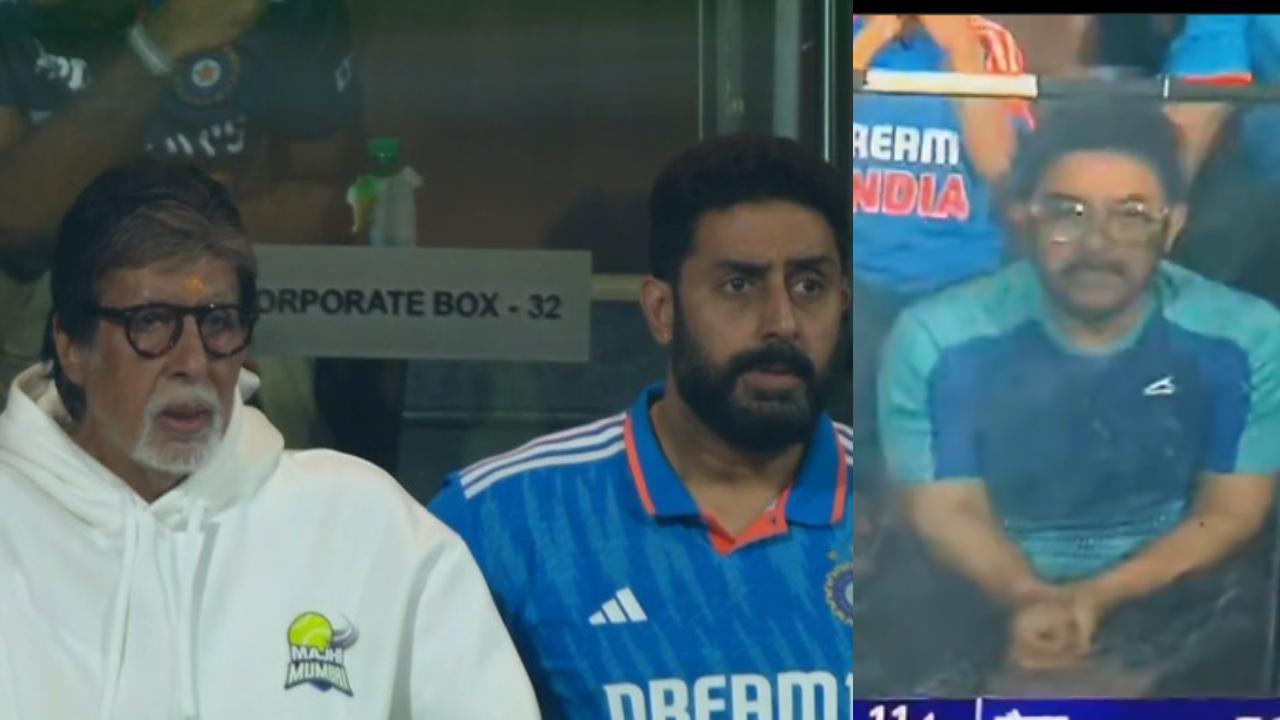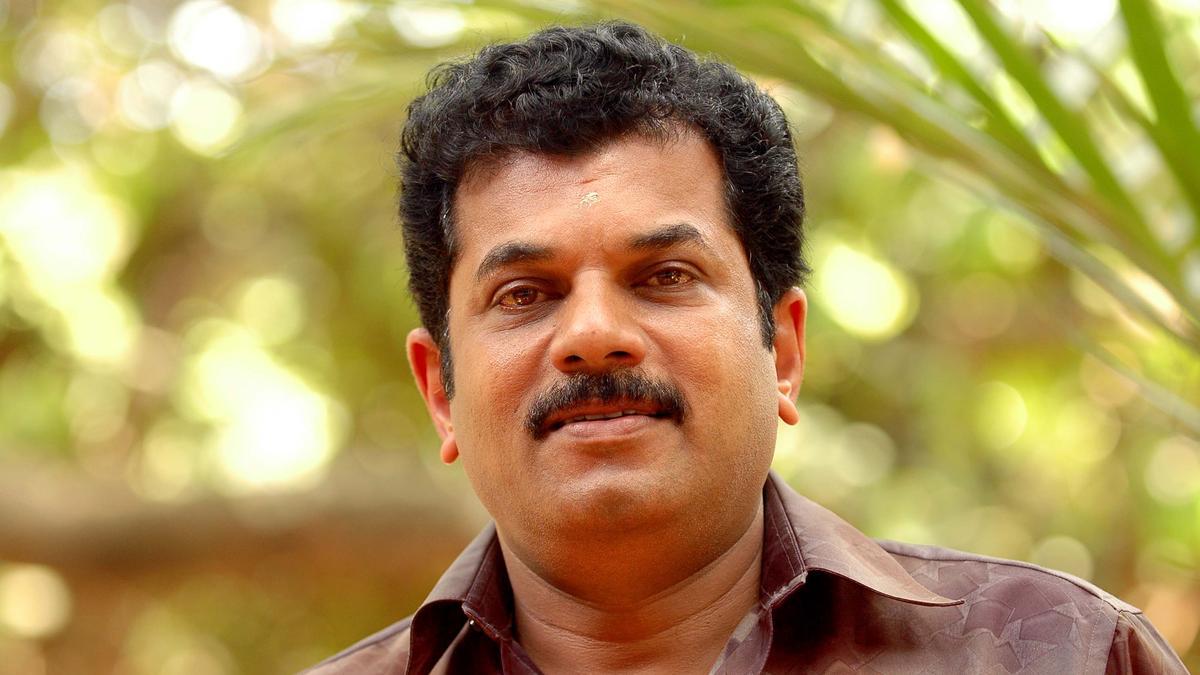
A striking endorsement has come way of Usman Khawaja, the esteemed cricketer, from the Australian Prime Minister, Anthony Albanese, for his admirable display of integrity and commitment to universal human values. Khawaja’s consistent efforts to pay respect to lives affected by warfare during the ongoing Test series against Pakistan have been met with restrictive responses from the International Cricket Council (ICC), igniting a conversation about the role of sports personalities in advocating humanitarian issues.
Khawaja’s first gesture was during the practice sessions leading up to the first Test in Perth, where he aimed to make a statement by emblazoning his shoes with messages such as “all lives are equal” and “freedom is a human right.” Much to his dismay, these expressions were deemed in violation of the game’s regulations, and he was prohibited by the ICC from showcasing these messages during the official match.
In response to this setback, Khawaja opted to don a black armband as a substitute symbol of his beliefs. However, the apex cricketing governing body promptly reprimanded him, stating that his accessory contravened clothing and equipment rules.
Undeterred, Khawaja attempted yet another avenue to disseminate his message, this time choosing the symbolic logo of a dove carrying an olive branch, a nod to the renowned Article One of the Universal Declaration of Human Rights. The article conveys the noble philosophy that all humans are endowed with dignity and rights from birth and should interact with one another in a spirit of brotherhood. Despite the pacifist imagery and its underlying human rights association, Khawaja was met with disappointment once more as the ICC did not grant approval for this message either, maintaining their stance as per the clothing and equipment rules.
This series of events brings to light the strict ICC regulation concerning personal messages, which reads: “Players and team officials shall not be permitted to wear, display or otherwise convey personal messages… unless approved in advance by both the player or team official’s Board and the ICC Cricket Operations Department.” It specifically disallows messages that are political, religious, or racial in nature and reserves the final say on approval to the ICC Cricket Operations Department, even if the player’s Board had previously given the green light.
At his annual New Year’s Day reception before the SCG Test, Prime Minister Albanese shed light on the situation, acknowledging Khawaja’s integrity and congratulating him on his stand for a humanitarian cause. The Prime Minister characterized Khawaja’s actions as courageous and supportive of his team’s backing. He conveyed that Khawaja’s participation, along with his teammate Dave Warner’s, in the upcoming match at the SCG would be a poignant moment, marking not only a sports event but also a significant stand on pressing global issues.
This endorsement by a nation’s leader emphasizes the impact sports figures can have beyond the boundaries of the playing field. Khawaja’s stance and the Prime Minister’s subsequent recognition prompt a broader discourse on the scope of expression permitted to athletes and the responsibilities of international bodies like the ICC in mediating these actions. It stands as a testament to moments when the sport transcends its traditional limits and becomes a stage for a larger human conversation.
Alongside this, recent cricket developments such as the inclusion of Ravindra Jadeja and exclusion of R. Ashwin in India’s predicted team for an upcoming Test match against South Africa, prolongation of Jonathan Trott’s contract as the head coach of Afghanistan Cricket Board following a fruitful World Cup, and David Warner’s appeal for his missing baggy green cap ahead of a farewell Test, continue to captivate the cricketing world as the sport navigates both on-field and off-field narratives.










